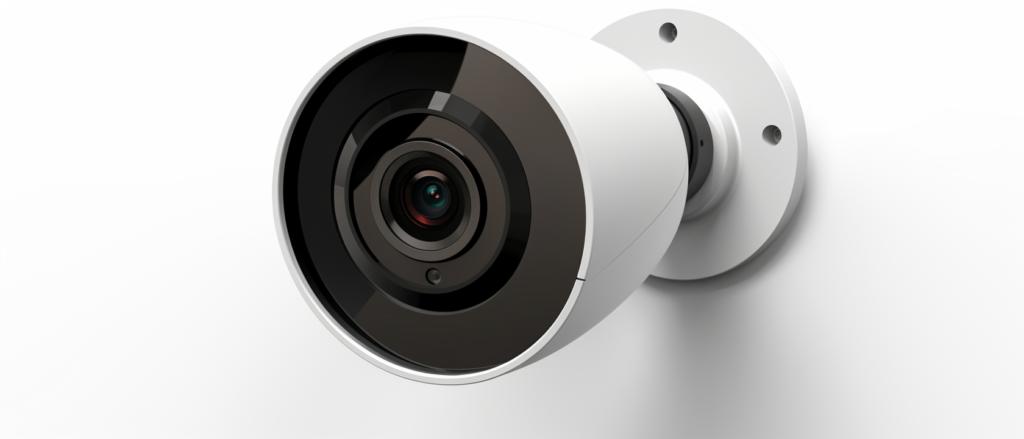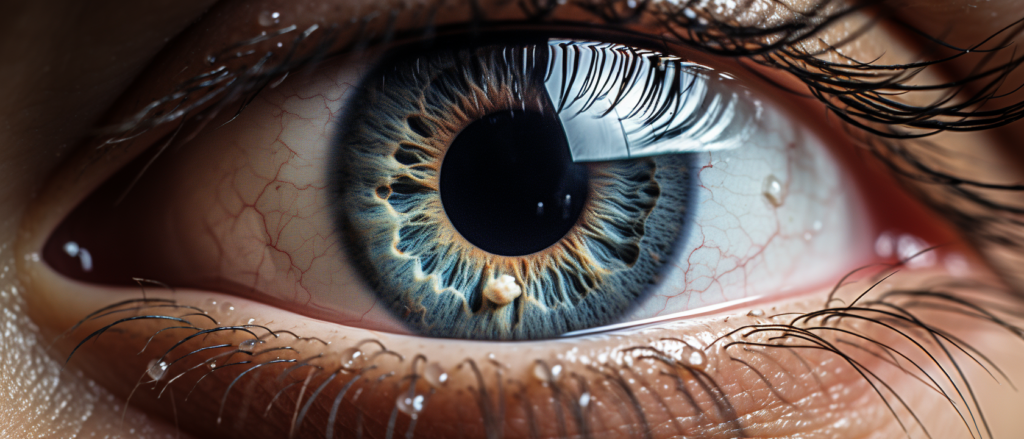Security cameras have become an integral part of our daily lives. From the bustling streets of New York City to the quiet corners of a suburban home, these electronic eyes are ever-present, silently observing and recording. But what lies behind the lens? Let’s explore the world of security cameras, their evolution, applications, and the ethical considerations that surround them.
A Brief History: From Analog to Digital
In the early days, security cameras were bulky, analog devices that recorded footage on tapes. The quality was often poor, and the maintenance was cumbersome. Fast forward to the digital age, and we have sleek, high-definition cameras that can stream live footage to our smartphones.
The Many Faces of Security Cameras
Home Security

Home security cameras have become a common sight in many households. They provide peace of mind by monitoring entrances, baby rooms, or even pets. Some even come with AI features that can recognize family members and alert homeowners to unknown faces.
Retail Surveillance
In retail environments, security cameras serve multiple purposes. They deter theft, monitor employee performance, and provide insights into customer behavior. Some advanced systems can even analyze shopping patterns to optimize store layouts.
Traffic Monitoring
Traffic cameras are vital for monitoring and managing traffic flow. They assist in detecting accidents, controlling traffic lights, and providing real-time updates to commuters.
Industrial Security
In industrial settings, security cameras ensure safety compliance, monitor machinery, and protect against unauthorized access.
Ethical Considerations

The proliferation of security cameras raises important ethical questions. Privacy concerns, potential misuse, and the psychological impact of constant surveillance are issues that society must grapple with.
Future Trends
The future of security cameras is bound to be exciting. With advancements in AI, facial recognition, and IoT integration, we are on the brink of a new era in surveillance technology.
Conclusion
Security cameras are more than just electronic eyes. They are tools that reflect our values, our fears, and our aspirations. As we continue to embrace them, we must also be mindful of the balance between security and privacy.
And remember, next time you’re out and about, don’t forget to smile; you’re on camera! (Just a little surveillance humor for you.)
